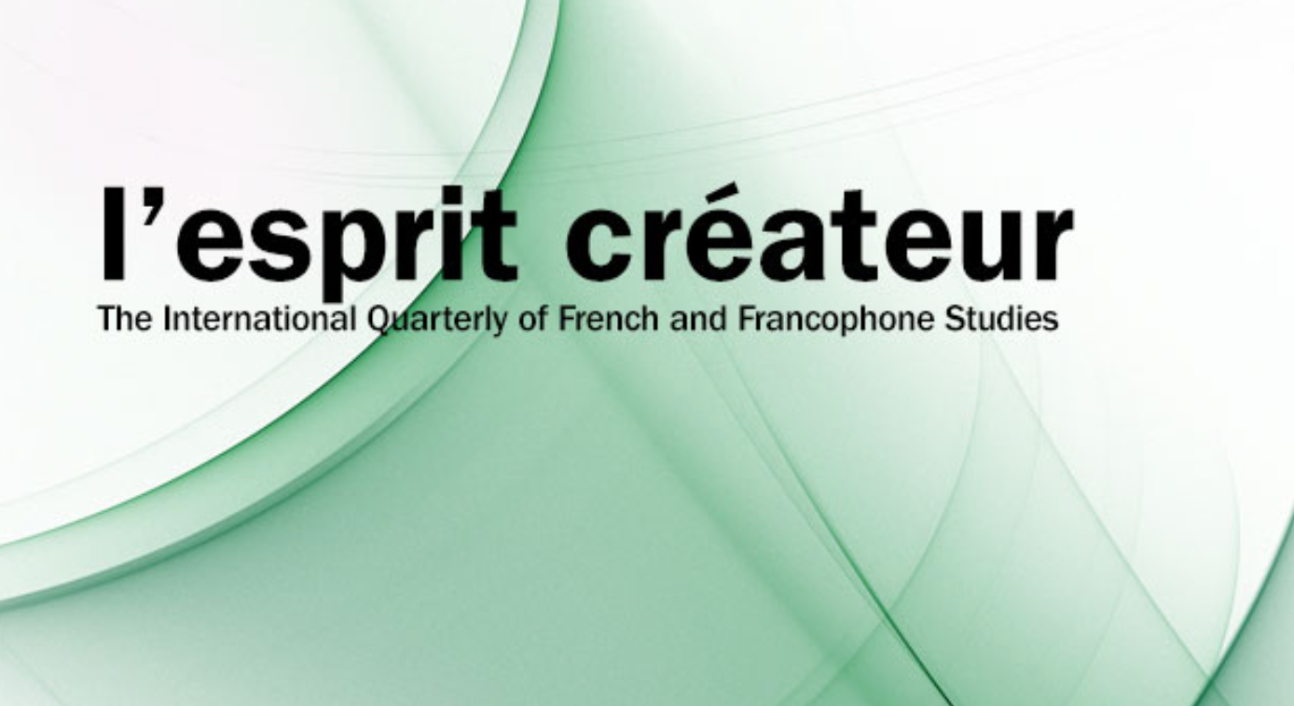
Stunningly original and provocative, Linda Lê published more than 25 novels and essay collections before her untimely death in May of this year. Critics of her work have sought to illuminate the various aspects of this originality, including the intricacies of her narrative esthetics, her initial distancing of her origins only to interrogate them more explicitly later, and the major threads running through all her writing: dislocation and displacement, exile and loss, cultural and linguistic tension and conflict, belonging and loneliness, identity and doubling, haunting and madness, life and death. Many have noted that her writing on these themes can be by turns exhilarating, funny, provocative, and shocking.
Always in dialogue with the authors she read, Lê’s deft and subtle use of intertextuality – a hallmark of her literary production – raises questions of literary inspiration and of plagiarism, a textual theft akin to vampirism. And in repeatedly casting writers and readers as the protagonists of her work, she has left behind a sustained interrogation of the place, role, and meaning of the act of writing itself. Finally, in rejecting the various labels that have been ascribed to her work, for example, French, Vietnamese, diasporic, and francophone, Lê has challenged entire fields of literary studies.
Lê’s writing has been translated into Dutch, Italian, Spanish, German, Portuguese, English and Vietnamese, and she received several accolades during her career, including the Prix Fénéon in 1997, the Prix Wepler in 2010, and the Prix Renaudot du livre de poche in 2011. In 2019, she was awarded the Prix Prince Pierre de Monaco for the entirety of her œuvre. In the communiqué released with the prize announcement, the jury highlighted the singularity of Lê’s style, which “associe une sorte de lucidité immédiate, une vérité rigoureuse et une élégance verbale. Dans chacun de ses romans se met en scène un combat, personnel ou imaginaire … où la sérénité de l'écriture contraste avec la brutalité de la situation.”
In this special issue, we envision a collection of articles that will stand as a memorial to Lê’s prolific career. In their re-readings of her multiple and varied contributions, these articles will also contribute to broader scholarly conversations concerning diaspora, migration, translation, reception, metafiction, and life-writing, among others. At the same time, we see this collection as tracing new directions in Lê studies, suggesting paths for future work.
Please send a 150-200-word abstract in English or French along with a 1-page CV to dot@unimelb.edu.au by November 1, 2022.